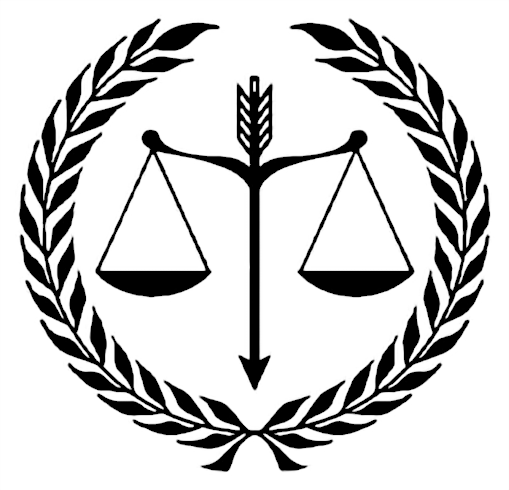Dubai Cares, part of Mohammed bin Rashid Al Maktoum Global Initiatives, has partnered with Water & Sanitation for the Urban Poor (WSUP) to improve access to Water, Sanitation, and Hygiene (WASH) facilities in schools in two of Madagascar’s largest cities, Antananarivo and Mahajanga. The three-year program, which represents an investment of AED 3,846,160 million (USD 1,047,001), will benefit 14,250 children and 33,750 community members.
The new program aims to construct and rehabilitate WASH facilities in school and health centers to ensure availability of services in 30 schools, including 21 primary and 9 secondary schools. The facilities will meet the minimum quality requirements set by the Ministry of Education in Madagascar. The program also aims to ensure that these facilities are run and maintained under a financially sustainable management model by facilitating the establishment of a School WASH Committee in each school. In addition, the program will provide, in collaboration with the mandated health authorities, hygiene education in schools, communities and health centers, to contribute to sustainable behavioral change. The program will also support the schools to go through the various stages required to be officially certified by the Ministry of Education as a ‘WASH friendly school’. Furthermore, the program aims to provide capacity building to local institutions, and to influence policy at the local and national government levels to enable long term systemic change. Through this program, Dubai Cares aims to work closely with its partners at community, municipal and national level to ensure an effective rollout.
Speaking about the new program, Abdulla Ahmed Al Shehhi, Chief Operating Officer at Dubai Cares said: “Our new program will be implemented in Antananarivo and Mahajanga, where the consequences of poor WASH infrastructure have been devastating for families. Diarrheal as well as cholera diseases are the leading causes of death of children under five, and adequate access to WASH facilities can prevent a significant proportion of such diseases. The long-lasting benefits of our latest WASH program will not only provide much-needed WASH facilities across schools, but will also educate communities on how they can enhance their standards of hygiene to prevent illnesses.”
Moreover, the program will include a comprehensive operational research component, designed specifically to build the evidence base to support increased and more effective government investment in WASH programs. The research will rely on identifying implementation and capacity bottlenecks from community all the way up to national level, including outcome evaluation focused on attendance rates and community outreach impacts.
Commenting on this new partnership, Sylvie Ramanantsoa, Country Program Manager at WSUP Madagascar said: “Inadequate water, sanitation and hygiene facilities in schools and local communities can make children too ill to attend classes, or encourage them to drop out of school altogether. This new partnership with Dubai Cares will help WSUP to improve health and educational outcomes for children, by improving facilities and practices in schools and communities, supporting policy change and conducting research to identify best practices.”
As one of Africa’s poorest countries and with one of the world’s highest rates of extreme poverty, according to the World Bank, Madagascar faces a serious challenge in providing sustainable and affordable WASH services to communities. Around 40% of schools in Madagascar lack latrines, and this absence of facilities can have a direct impact on poor school attendance. In addition, poor facilities mean that young girls find it difficult to manage their hygiene needs, and are discouraged from school attendance.




